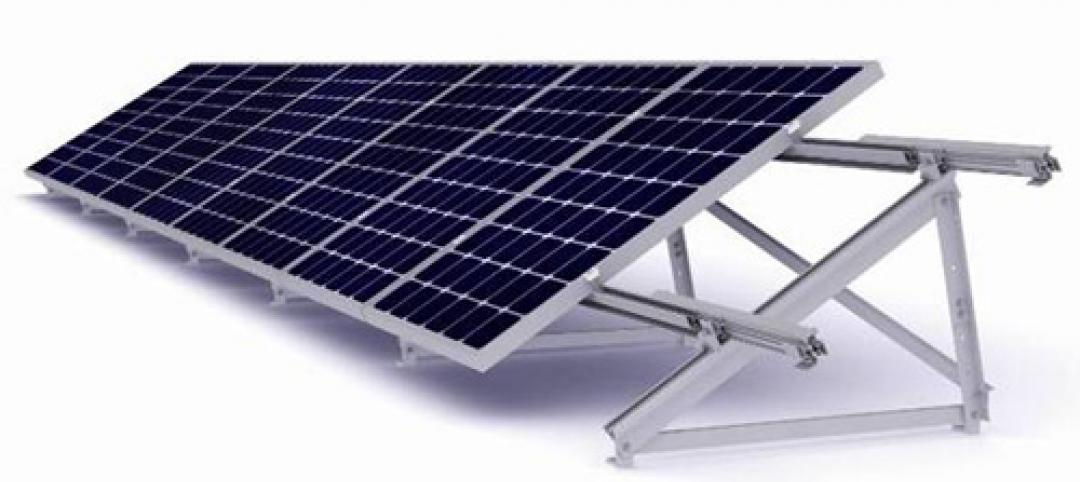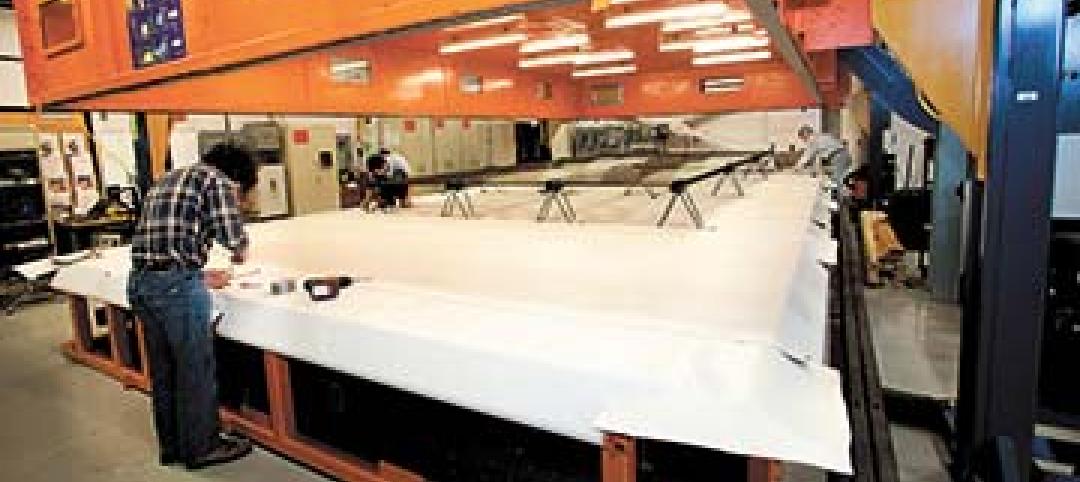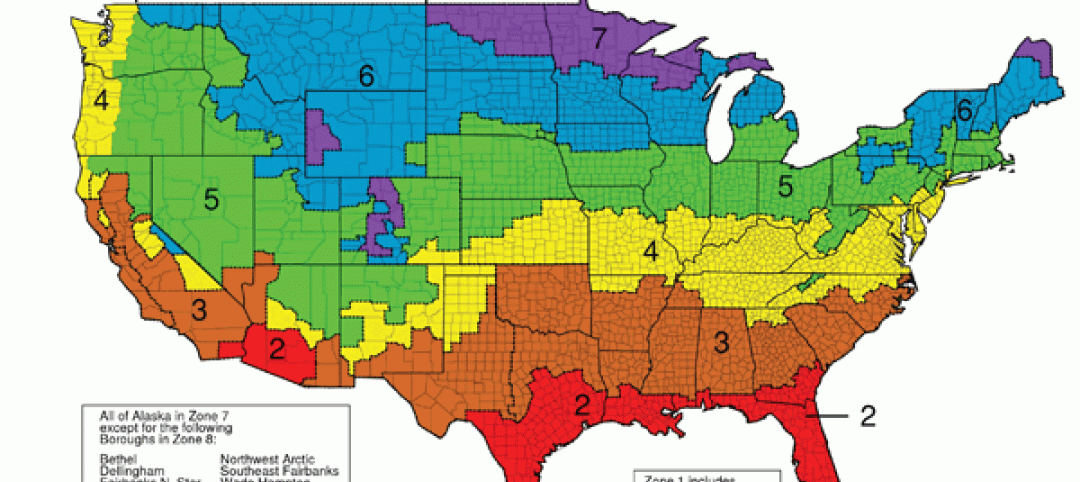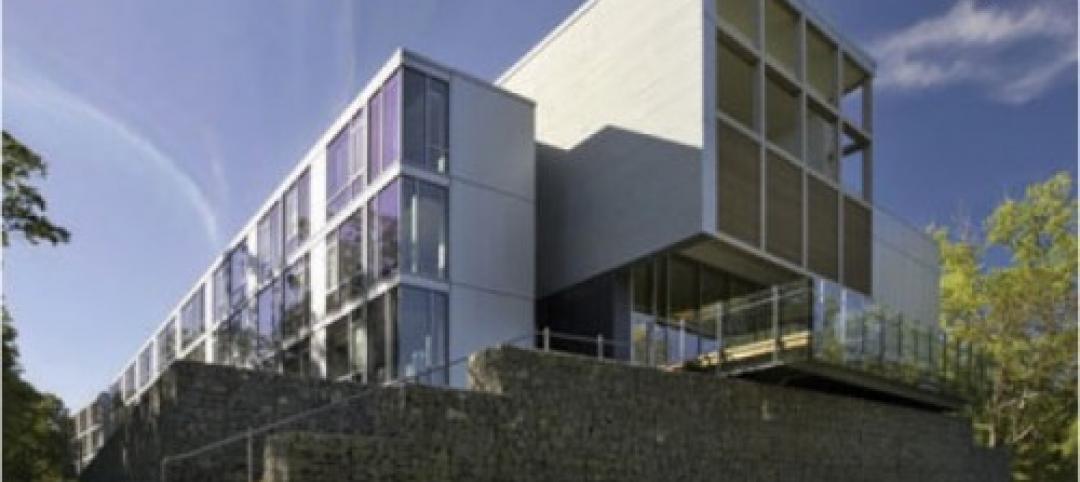The recently released Wi-Fi standard, IEEE 802.11az enables more refined and accurate indoor location capabilities.
As technology manufacturers incorporate the new standard in various devices, it will enable buildings, including malls, arenas, and stadiums, to provide new wayfinding and tracking features. The previous standard yielded Wi-Fi location accuracy of 1-2 meters, while the new standard raises accuracy to less than 0.1 meter or about 4 inches.
Applications are expected to use this technology by:
- Providing more accurate indoor navigation. In a retail store, for example, a consumer could use an application to navigate through a store, as is used in vehicles to map a travel route, from the entrance to the desired product.
- Enablement of micro-targeting for retail and warehouse asset tracking. A store worker could use a mobile app to track products on shelves, in the stock room, and in a warehouse. A retailer could also leverage usage data from its customers’ shopping apps—such as their movements on the retail floor—to derive analytics and serve relevant ads to the user.
- Improved scalability will allow hundreds of devices to connect at the same time in dense environments, such as shopping malls, arenas, and stadiums where large numbers of users are actively co-locating with Wi-Fi simultaneously.
- Secure, authenticated, and private positioning. Proper authentication can be confirmed when you are within inches of two devices. This could be used, for example, to unlock an interior door via a smart device. Other applications could be the use of a smart device to make payment at the point of sale or using it to facilitate an ATM transaction.
Related Stories
| Feb 7, 2014
Ohio legislature moves to bar LEED standards on state projects
The use of LEED standards is being barred for public construction in Ohio under a state senate resolution.
| Jan 31, 2014
Center for Environmental Innovation in Roofing releases solar panel racking criteria for asphalt shingle roof systems
The Center for Environmental Innovation in Roofing’s PV Taskforce is releasing the first public draft of PV Racking and Attachment Criteria for Effective Asphalt Shingle Roof System Integration for an initial round of public comment.
| Jan 31, 2014
Developers are exceeding LEED standards for marketing purposes
Using LEED certification as a marketing tool is perceived by developers to be a successful tool, and this has pushed them to go above the minimum requirements at each level of certification, according to a study in the Environmental Science & Technology journal.
| Jan 31, 2014
DOE releases new efficiency standards for halide lamps
The Energy Department has finalized new energy efficiency standards for metal halide lamp fixtures, which are used in lighting for big box stores and parking lots.
| Jan 31, 2014
New LEED online platform now available for LEED v4 projects
LEED v4 projects will be the first to experience the new LEED Online platform with streamlined documentation and processes.
| Jan 23, 2014
Low-slope roofs with PVs tested for wind uplift resistance
Tests showed winds can cause photovoltaic panels to destroy waterproof membranes.
| Jan 16, 2014
Bio-based materials could transform the future of sustainable building
Recent winners of the Cradle to Cradle Product Innovation Challenge include a brick made from bacterial byproducts and insulation created from agricultural waste products.
| Jan 16, 2014
ASHRAE revised climatic data for building design standards
ASHRAE Standard 169, Climatic Data for Building Design Standards, now includes climatic data for 5,564 locations throughout the world.
| Jan 15, 2014
ConsensusDocs releases updated subcontract for federal work
The new version addresses recent changes in federal contracting.
| Jan 15, 2014
First quarter 2014 LEED rating system addenda now available
There are 71 new LEED Interpretations, including 65 for Homes and Multifamily Midrise.















